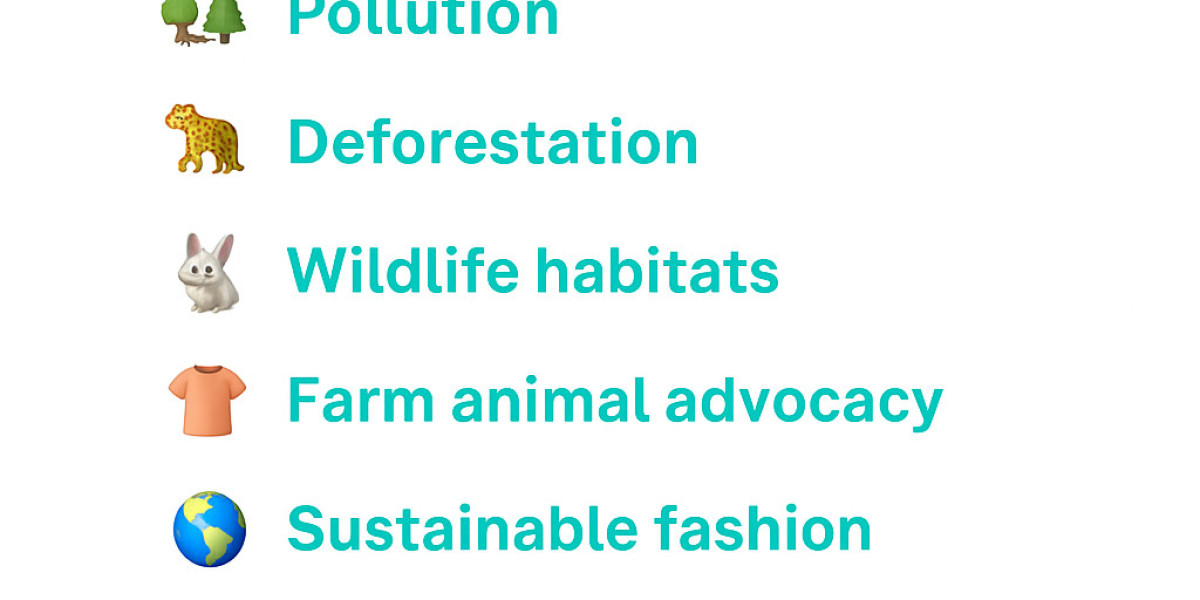Animal rights are rooted in the idea that animals are not just property or tools for human use—they are living beings with intrinsic value and the right to live free from suffering. While animals cannot speak for themselves, animal rights advocates strive to ensure their voices are heard and respected. As our understanding of animal intelligence, emotions, and social behavior grows, so too does the ethical responsibility to treat them with dignity and compassion.
What Are Animal Rights?
Animal rights refer to the belief that non-human animals deserve certain moral and legal protections. This includes the right to live free from exploitation, abuse, and unnecessary harm. Unlike animal welfare—which focuses on minimizing suffering in industries that use animals—Animal rights advocate for the complete abolition of practices that exploit animals, including factory farming, animal testing, entertainment, and fur production.
The concept is based on the principle that animals, like humans, are sentient beings capable of feeling pain, fear, joy, and affection. As such, they should not be treated as commodities, tools, or possessions.
The Case for Animal Rights
- Sentience and Emotion
Scientific research has shown that many animals experience emotions, form social bonds, and have intelligence comparable to young children. Elephants mourn their dead, pigs solve complex problems, and dogs experience empathy and loyalty. Denying animals basic rights ignores these facts and perpetuates cruelty. - Moral Responsibility
With human intelligence and power comes moral responsibility. Just because we have the ability to dominate animals doesn’t mean we should. Ethical societies must extend compassion and justice to the most vulnerable, including animals who cannot advocate for themselves. - Injustice in Animal Industries
Billions of animals are raised and killed each year for food, clothing, entertainment, and research—often in inhumane conditions. Factory farms confine animals in cramped, unnatural spaces, where they suffer physically and mentally. Animals in circuses, zoos, and marine parks are often subjected to isolation, inadequate care, and forced performances. - Interconnectedness with Human Issues
The mistreatment of animals is often linked with broader issues like environmental destruction, public health crises, and human rights abuses. For example, factory farms contribute to climate change and antibiotic resistance, while some animal labor industries exploit both animals and humans under dangerous conditions.
Animal Rights vs. Animal Welfare
While both movements aim to protect animals, there’s a key difference:
- Animal welfare seeks to improve the conditions in which animals are used (e.g., more humane farming or testing methods).
- Animal rights opposes the use of animals altogether, arguing that animals are not ours to use for food, clothing, experiments, or entertainment.
For example, a welfare approach may campaign for larger cages for egg-laying hens, while a rights-based approach would campaign for an end to egg farming altogether.
How You Can Support Animal Rights
Anyone can contribute to the animal rights movement by making conscious choices:
- Adopt a plant-based diet: Reducing or eliminating animal products can save countless lives and lessen demand for cruel industries.
- Avoid animal-tested products: Choose cruelty-free cosmetics and household items.
- Say no to animal entertainment: Don’t support circuses, marine parks, or zoos that exploit animals.
- Choose ethical fashion: Avoid clothing made from fur, leather, wool, or exotic animal skins.
- Adopt, don’t shop: Support animal shelters and avoid buying pets from breeders or pet stores.
- Speak out: Share information, support animal rights organizations, and educate others about ethical treatment of animals.
Conclusion
Animal rights challenge us to extend our circle of compassion beyond humans and recognize the intrinsic value of all life. As society evolves, so must our ethical standards. Treating animals with respect and kindness is not just a matter of morality—it’s a reflection of our humanity. By standing up for those who cannot speak for themselves, we build a more just and compassionate world for everyone.



